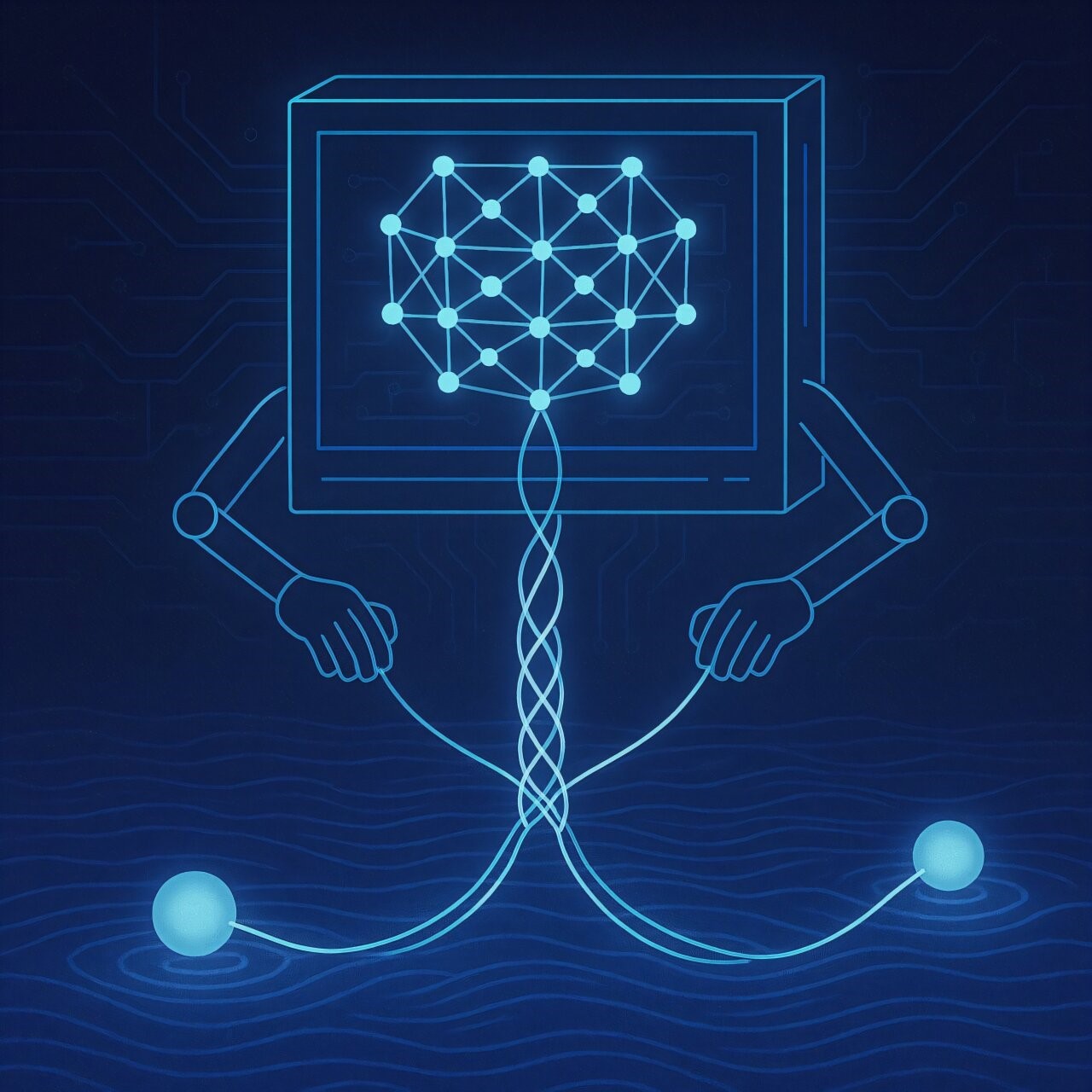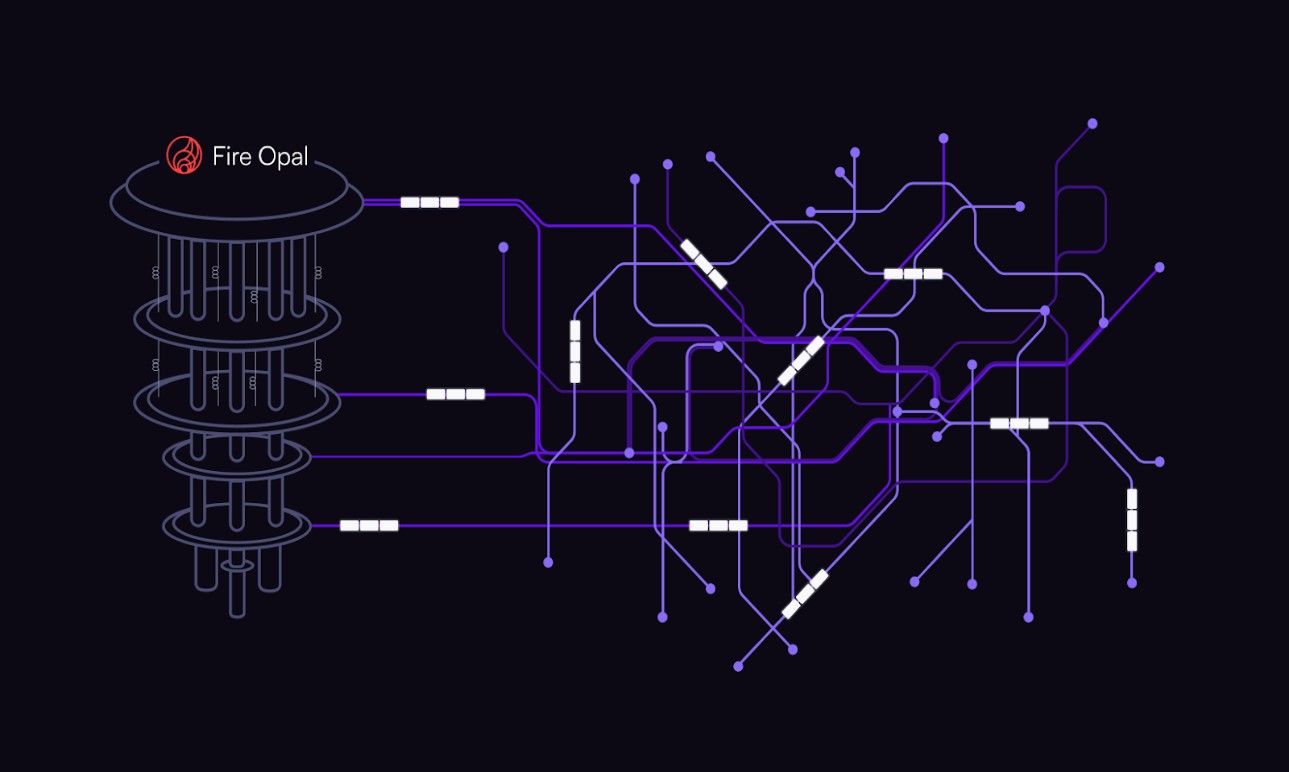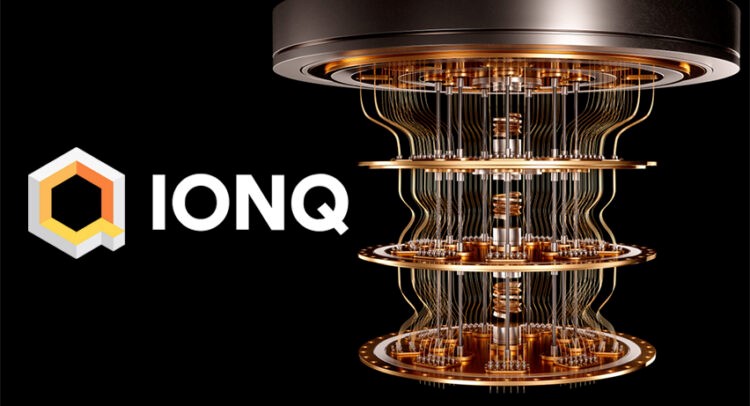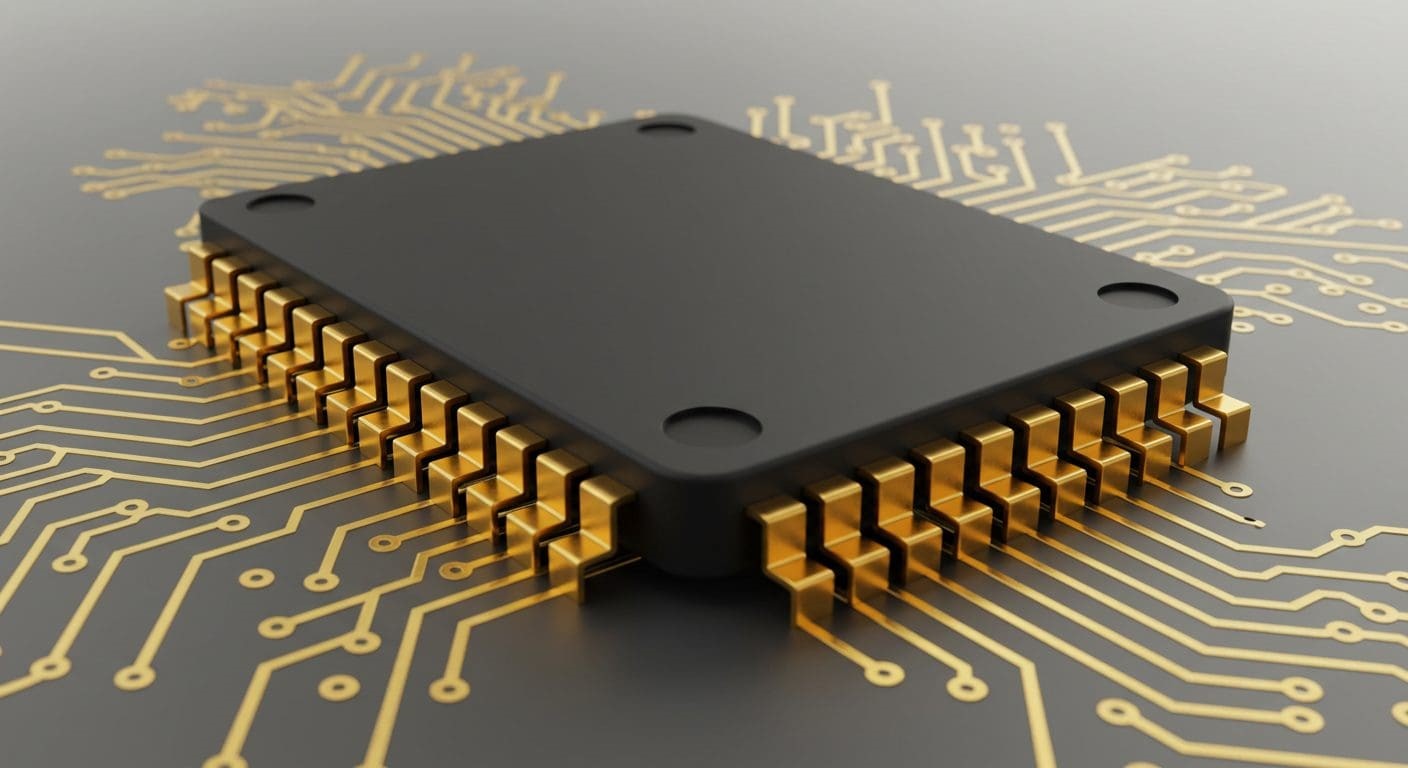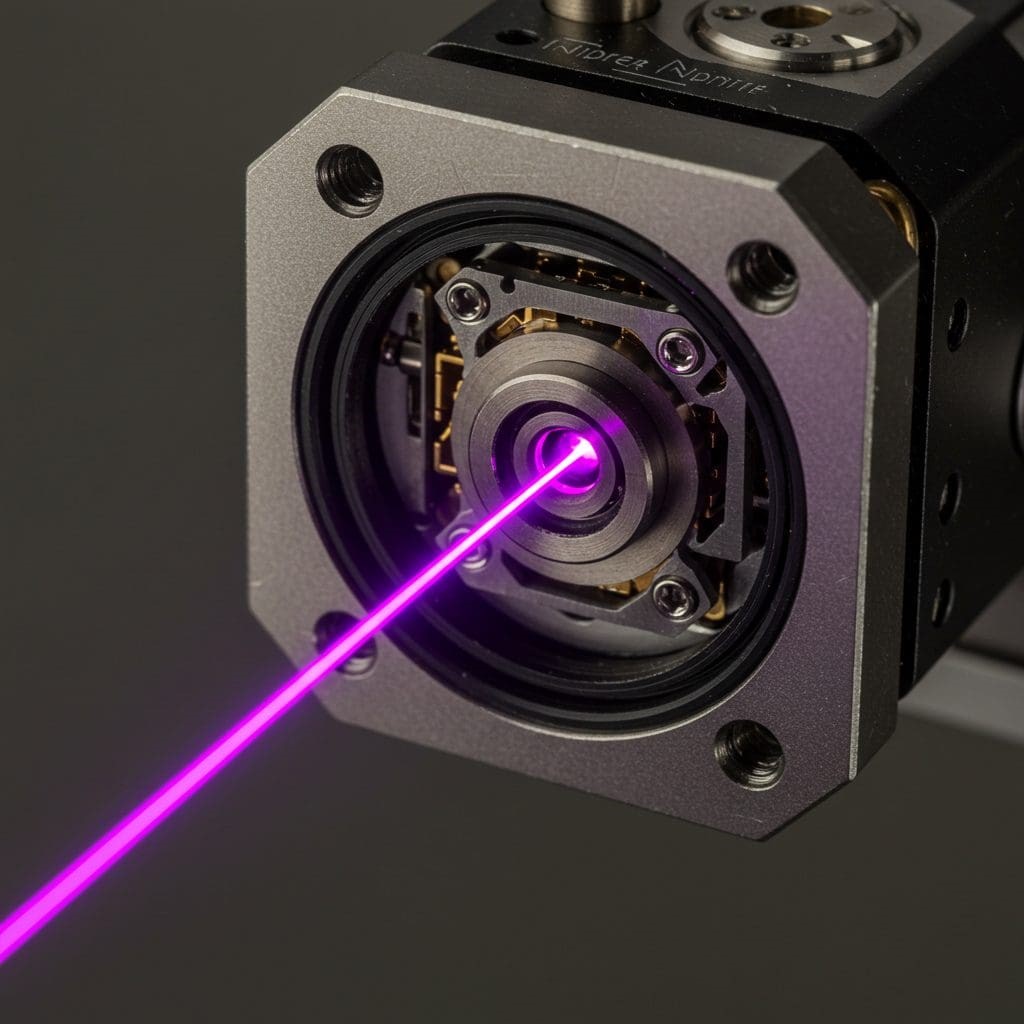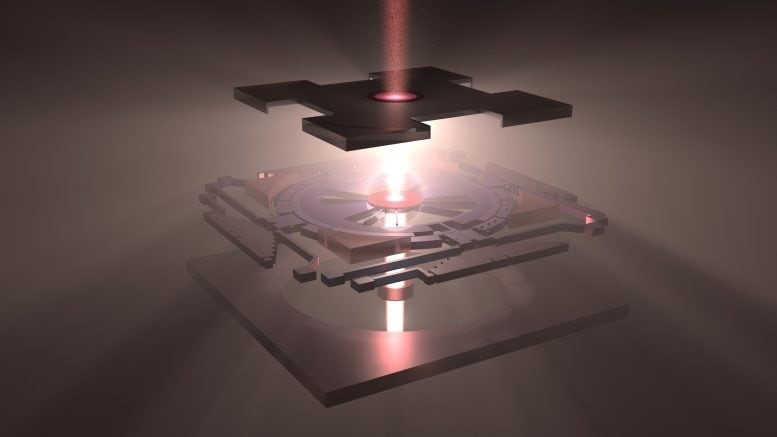Distributed Quantum Computing Powers Scalable Algorithms and Secure Protocols
Scaling quantum computing faces major challenges in linking se parate quantum processors. To overcome this, researchers are developing distributed quantum computing architectures, where multiple modular quantum devices work together on complex tasks. A recent study by Xu et al. introduces a protocol that enables the use of arbitrary, unknown quantum subroutines within this distributed setup. Their approach uses techniques like oblivious teleportation and control to bypass traditional limits on handling unknown quantum states. Conducted by teams from the Chinese Academy of Sciences and Xidian University, the research shows that these methods can be physically realized with current quantum technologies, paving the way for advanced quantum algorithms and enhanced secure cryptographic protocols.
Recent breakthroughs in quantum computing demand new strategies to overcome scalability and security challenges. Researchers have introduced a protocol for distributed quantum computation that supports arbitrary unknown subroutines, paving the way for scalable and secure quantum processing. This advancement addresses key obstacles in quantum information by enabling complex algorithms to run across multiple linked quantum processors while ensuring data privacy and reducing decoherence—the loss of quantum information from environmental interactions.

Figure 1. Distributed Quantum Computing: Scalable Algorithms & Secure Protocols
The research overcomes longstanding ‘no-go’ theorems that restrict the manipulation of unknown quantum states—an important barrier in distributed quantum computing. By employing techniques like oblivious teleportation and control, it allows quantum information to be processed without fully exposing its content to the controllers. This approach enables complex computations to be divided among multiple quantum processors, significantly boosting scalability and making it possible to tackle problems once considered unsolvable. Figure 1 shows Distributed Quantum Computing: Scalable Algorithms & Secure Protocols.
The protocol utilizes existing quantum hardware, proving its practical feasibility with today’s technology. Beyond enabling scalability, it supports applications such as estimating unknown parameters and optimizing circuit depth—key to reducing decoherence effects. Additionally, its architecture facilitates the development of secure cryptographic protocols, strengthening data privacy and security in quantum communication networks.
Researchers have demonstrated physical implementation on current quantum platforms, skillfully managing quantum states and entanglement to achieve accurate, reliable computation across distributed nodes. The protocol is carefully tailored to existing hardware constraints and capabilities, optimizing performance while minimizing overhead.
To tackle key challenges in distributed quantum systems—like preserving coherence and reducing errors—the protocol integrates error detection and correction methods that boost computational robustness. Researchers addressed noise and imperfections affecting quantum states by developing techniques to minimize their impact and ensure precise outcomes, a vital step toward building dependable, scalable quantum computers.
Importantly, the protocol’s capacity to handle arbitrary subroutines marks a major breakthrough, enabling the incorporation of complex, existing algorithms within a distributed framework. This flexibility lets researchers utilize current quantum software and algorithms, speeding up innovation and application development. Its modular design further enhances versatility and adaptability.
Current efforts focus on improving the protocol’s efficiency and evaluating its performance across various quantum architectures, aiming to optimize resource use and reduce communication overhead. Researchers are testing different hardware platforms—including superconducting circuits, trapped ions, and photonic systems—to determine the best fit for distributed quantum computing.
Future research will aim to expand the protocol to handle more complex subroutines and larger systems, with an emphasis on enhancing scalability and fault tolerance. Techniques like quantum error correction and topological computing are being explored to increase the reliability and stability of quantum computations.
A major development goal is to integrate this distributed computing framework with advanced quantum error correction methods. Researchers are actively studying various error correction codes and protocols to find the most effective ways to safeguard quantum information, a critical step toward building fault-tolerant quantum computers.
The research team also plans to explore how this protocol can enable delegated quantum computation, allowing users to securely outsource demanding tasks to remote quantum processors [1]. This approach will make quantum computing resources more accessible, reducing the need for costly hardware and specialized expertise, thereby democratizing access and driving faster innovation and discovery. This work marks a significant advance toward practical, scalable quantum computing, offering a promising route to unlocking the full potential of this transformative technology. The novel protocol, together with ongoing research, lays the groundwork for building robust, secure quantum computers capable of solving complex problems beyond the capabilities of classical systems.
References:
- https://quantumzeitgeist.com/distributed-quantum-computation-enables-scalable-algorithms-and-secure-protocols/
Cite this article:
Janani R (2025), Distributed Quantum Computing Powers Scalable Algorithms and Secure Protocols, AnaTechMaz, pp.266


